France and the Restitution of African Cultural Property: A Critical Race Theory Perspective
This comprehensive piece delves into the restitution of African cultural property by France through the lens of Critical Race Theory (CRT). It explores the historical context, the impact on people of African descent, and the potential policy implications. The research question examines how CRT can inform strategies to safeguard African cultural heritage for future generations.
Download Presentation

Please find below an Image/Link to download the presentation.
The content on the website is provided AS IS for your information and personal use only. It may not be sold, licensed, or shared on other websites without obtaining consent from the author. Download presentation by click this link. If you encounter any issues during the download, it is possible that the publisher has removed the file from their server.
E N D
Presentation Transcript
France and the Restitution of African Cultural Property: A Critical Race Theory View KHAMAL PATTERSON, ESQ. ANTONIO C. CUYLER, PH.D.
Overview Museum Heist scene from Black Panther Rationale & Research Question Critical Race Theory (CRT) French History & Law Conclusions
Black Panther Museum Heist
Rationale & Research Question While speaking to students at Burkina Faso s University of Ouagadougou, President Macron stated, Starting today, and within the next five years, I want to see the conditions put in place to allow for the temporary or definitive restitution of African cultural heritage to Africa. Too often discourses about the restitution of African cultural property exclude the perspectives of the formerly colonized, especially if they are of African descent. Though extant literature provides insights into how France might realize Macron s vision (Curtis, 2007; DeBlock, 2019; Hicks, 2020; Maaba, 2009; Maples, 2020 Munjeri, 2009; Nevadomsky, 2018; Roberts, 2019; Savoy, 2021; Shyllon, 2014; Shyllon, 2015; Thompson, 2020), Paquette (2020) remained sympathetic to French colonizers whose resistance to the restitution of African cultural property continues to cause creative, cultural, psychological, and spiritual harm to people of African descent (Sarr, 2019). Research Question: in what ways might Critical Race Theory (CRT) advance and inform policies that promote and preserve African cultural property for future generations, especially for those of African descent?
Critical Race Theory (CRT) Derrick Bell explained that CRT is often disruptive because its commitment to anti-racism goes well beyond affirmative action, civil rights, integration, and other liberal measures. (1) Recognition that race is not biologically real but is socially constructed and socially significant. It recognizes that science (as demonstrated in the Human Genome Project) refutes the idea of biological racial differences. (2) Acknowledgement that racism remains a normalized feature of U. S. society embedded within systems and institutions, such as the legal system or in our paper s case, the global creative economy, which replicates racial inequity and injustice. This assertion dismisses the idea that racist incidents are aberrations but instead are manifestations of structural and systemic racism. (3) Rejection of popularized arguments about racism that confine it to a few bad apples. CRT recognizes that racism is codified in law, embedded in structures, and woven into public policy. CRT rejects claims of meritocracy or colorblindness and recognizes that it is the systemic nature of racism that bears primary responsibility for reproducing racial inequity and injustice, This Photo by Unknown Author is licensed under CC BY-NC (4) Recognition of the relevance of Black, Indigenous, and People of Color s everyday lives to scholarship.
Critical Race Theory (CRT) 1. A recent report implicates France in enabling the genocide of at least 800,000 Rwandans (Dahir, 2021; Levy, Firestone, & Muse, 2021). 2. Summer of 2020, Five Black members of the ballet circulated an open letter among the Paris Opera s 1,800 employees which led to the commissioning of a report (Ndiaye & Rivi re, 2021) resulting in the discontinuation of Black and Yellowface and the appointment of a Chief Diversity Officer. 3. President Macron and his ministers have castigated the importation of certain social science theories from American universities for leading to the ethnicization of the social question, and prominent intellectuals such as Philosopher Pierre-Andr Taguieff have denounced discussions of race indicting contemporary anti-racist critics of the French state as guilty of anti-White racism. 4. When speaking to the French Press about the unanimous passing of a bill to restitute African cultural property to Benin and Senegal, the French Minister of Culture, Bachelot, said, the bill is not an act of repentance, but an act of friendship and trust (Selvin, 2020). 5. According to Cascone (2020), French authorities seized a massive haul of more than 27,000 Roman artifacts believed to have been illegally excavated throughout eastern France. Officials believe the treasures are worth 772,685 ($946,670). Given these five examples, instead of asking does anti-Black racism inform discourses about France s restitution of African cultural property, CRT compelled us to ask in what ways does anti-Black racism inform discourses about France s restitution of African cultural property? This Photo by Unknown Author is licensed under CC BY-NC
French President Emmanuel Macrons 2017 plan to return African artifacts was an overdue proposal. He stated that within the next five years, conditions should be met for a return of African patrimony to Africa (Roberts, 2019, p.1). History of French Cultural Heritage Law and the Sarr- Savoy Report, Pt. I This announcement was surprising to many in France, Le Monde reported (Roberts, 2019, p.1). Macron s pronouncement, if followed through, would demonstrate a seismic shift on colonial restitution because French patrimonial protections began with the 1566 Edict of Moulins, which affirmed that the property of the French crown is inalienable (CCP Staff, 2018).
For repatriation to be possible Macron promised to oversee changing the legislation that has long considered such works the inalienable property of the French Republic (Roberts, 2019, p.1). History of French Cultural Heritage Law and the Sarr- Savoy Report, Pt. II Without this legislation, repatriation would have been doubtful because of a lack of bilateral treaties between France and its former possessions concerning heritage and the strict interpretation of French cultural patrimony laws, especially France s inalienability law. In their Report outlining how France could legally repatriate African heritage, Sarr and Savoy did suggest using the law of exception that was brandished in 2010 to return 16 Maori heads to New Zealand, after a vote by the French legislature (Cassan, 2019). The French s Parliament s finding an exception to the rule of inalienability for certain Senegalese and Beninese objects was necessary because France has no heritage treaties with Africa, and Sub-Saharan African countries do not have the same leverage and bargaining power as Egypt and Turkey . . . . (Shyllon, 2015, p. 382). Egypt and Turkey refused to grant or revoked permits for heritage professionals affiliated with museums allegedly containing stolen Egyptian or Turkish antiquities (Shyllon, 2015, p. 382).
Sarr and Savoy were commissioned to prepare a report on the provenance of cultural objects from Africa in French public museums. Their report The Restitution of African Cultural Heritage: Toward a New Relational Ethics settled on a concept of consent to assess whether African objects should be repatriated. History of French Cultural Heritage Law and the Sarr- Savoy Report, Pt. III The Sarr-Savoy report considers compulsory relations between colonial law and cultural heritage extraction, and along with it, whether (or not) there was consent from the countries of origin during the time of the acquisition and removal of the objects and their dispatch to mainland France (Sarr & Savoy, 2018, pp. 46- 47). France voted to return 26 cultural objects to Benin and Senegal in July 2020 based on the report and a finding of a lack of consent. More objects from West and Central Africa would allegedly follow. The report, understandably, ignited controversy because the objects belonged to France under the French Code of Heritage and other domestic cultural property legislation creating inalienability of cultural property belonging to the French Crown and State. Sarr and Savoy believed that the French Heritage Code was solely meant to protect national property and notes that the African objects in question never belonged to France and, thus, were never a part of its national heritage (Cassan, 2019).
Extant literature (Curtis, 2007; DeBlock, 2019; Hicks, 2020; Maaba, 2009; Maples, 2020 Munjeri, 2009; Nevadomsky, 2018; Roberts, 2019; Savoy, 2021; Shyllon, 2014; Shyllon, 2015; Thompson, 2020) remains remiss of anti-Black racism s impact on the restitution of African cultural property. This compelled us to explore the research question: in what ways might Critical Race Theory (CRT) advance and inform policies that promote and preserve African cultural property for future generations, especially for those of African descent? Using CRT provided us with the theoretical lens to discuss the proverbial, Elephant in the room of anti-Black racism in France s resistance to the repatriation of African cultural property. We explicitly and unequivocally support the definitive restitution of all ill acquired African cultural property from France back to its country of origin and former colonies. Conclusions
France has a history of exacting tribute and engaging in expropriation of national cultural heritage. French domestic laws, were used to justify taking and keeping plunder from Africa. Treaties were used to expropriate art and cultural heritage during the rule of the French Monarchy, Revolutionary France, and the French Empire. Treaties France can use treaties to definitely repatriate cultural heritage to Africa. France taking the step to repatriate African artifacts via treaty may spur other former colonial powers to do the same.
Cultural diplomacy between African countries and France will remain challenged and strained by the historic inequitable relationship that exists between the formerly colonized and one of their colonizers. Too many African creatives and people will continue to lack access to their ancestral inspiration and cultural birth right further undermining the preservation of their critical cultural heritage. Future research on the restitution of African cultural property should explore the ways in which anti-Black racism challenges and informs these discourses in Belgium, Germany, Italy, the Netherlands, the U. K., and the U. S. Practical & Scholarly Implications
The Sarr-Savoy Report found that lack of consent should be the principle that guides French repatriation of looted cultural objects back to Africa. . Africans have a Sisyphean task. They must assess consent to expropriation without the archival tools and physical evidence needed to properly investigate colonial inequities and place looted artifacts in their proper contexts. Conclusions By exploring these spaces of evidentiary deficit, we can begin to understand the adverse impact of French colonial looting and the obligation to return these artifacts because they embody cultural memory.
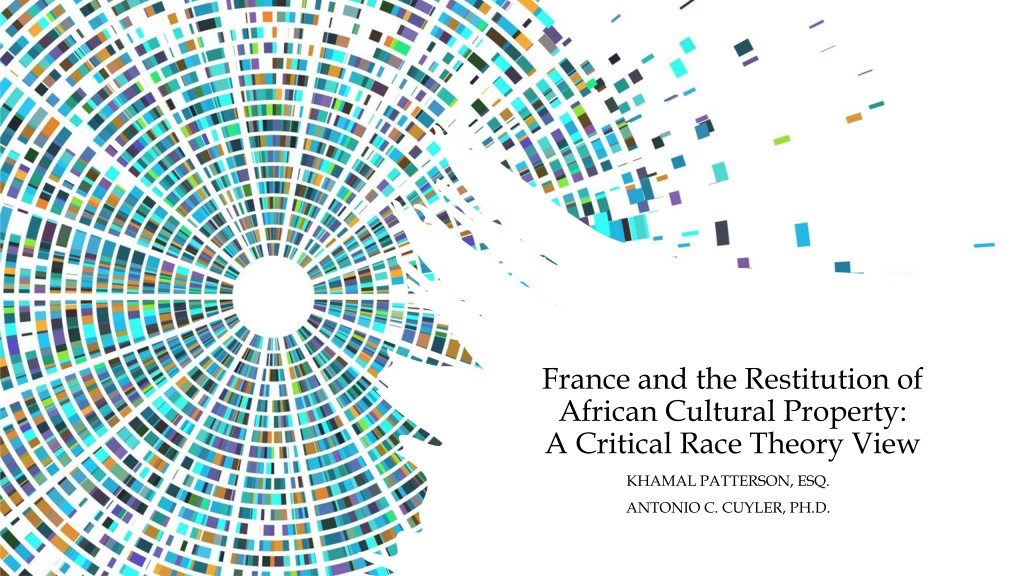

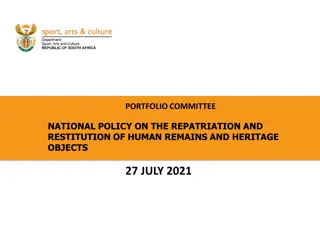
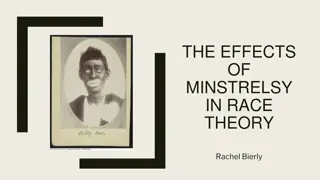










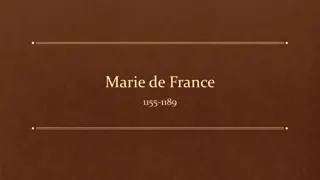
























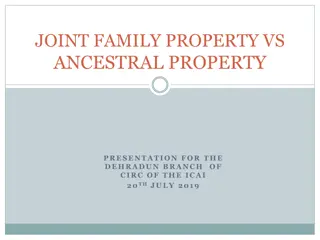
![Property Settlements in Family Law: Case Study of Stamatou & Stamatou [2022] FedCFamC1F 241](/thumb/63303/property-settlements-in-family-law-case-study-of-stamatou-stamatou-2022-fedcfamc1f-241.jpg)








